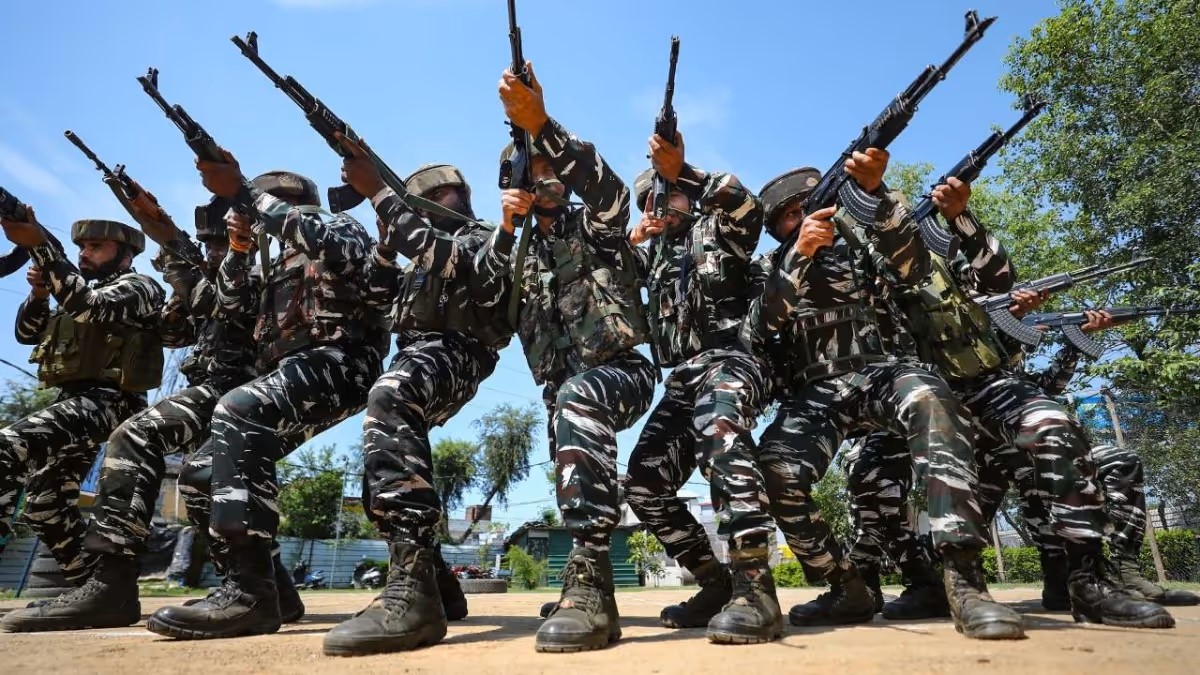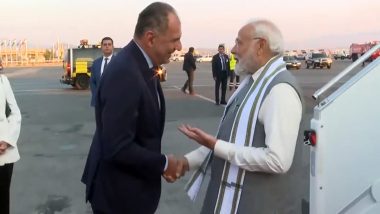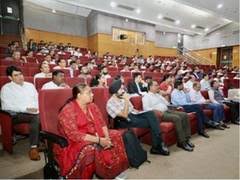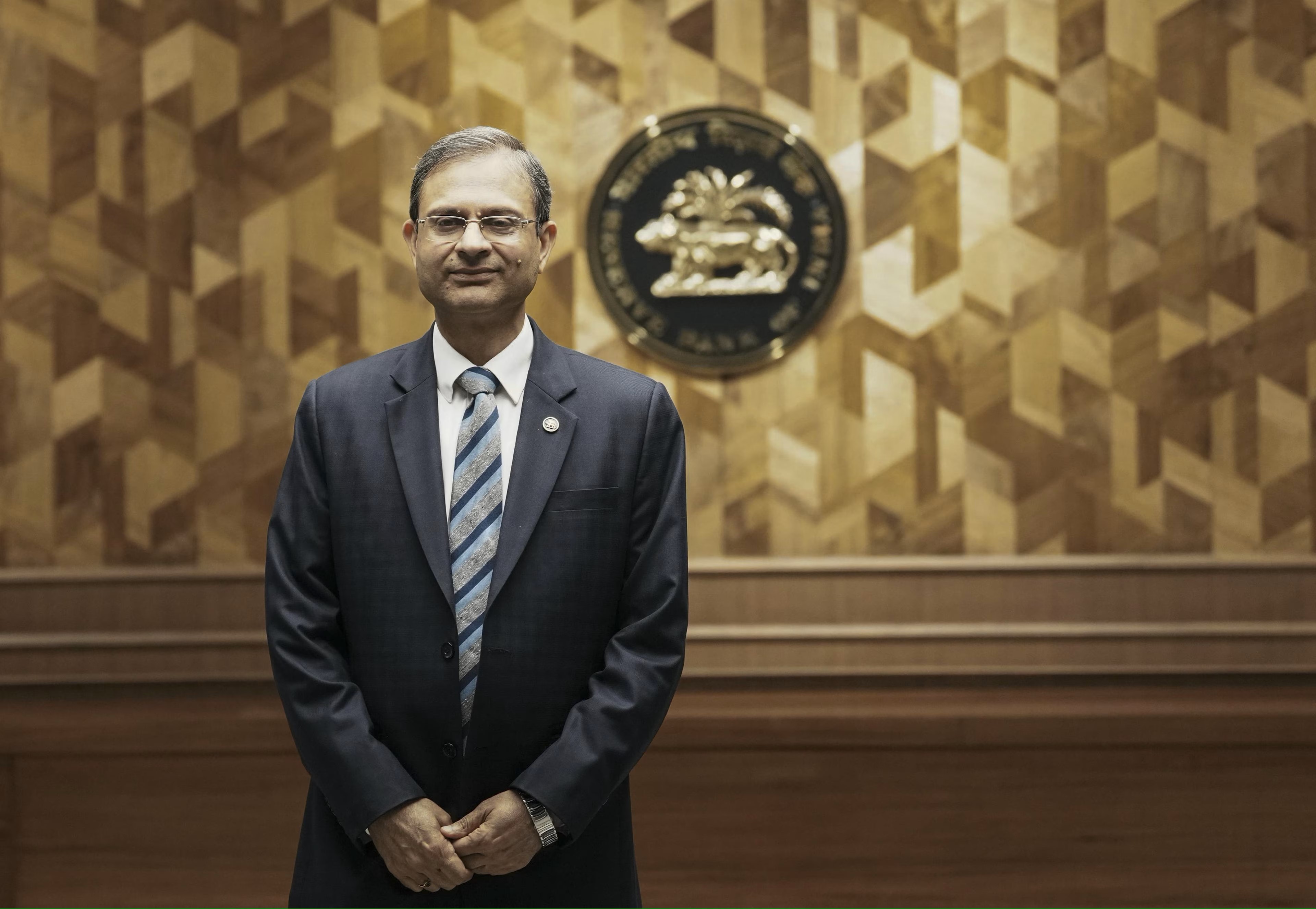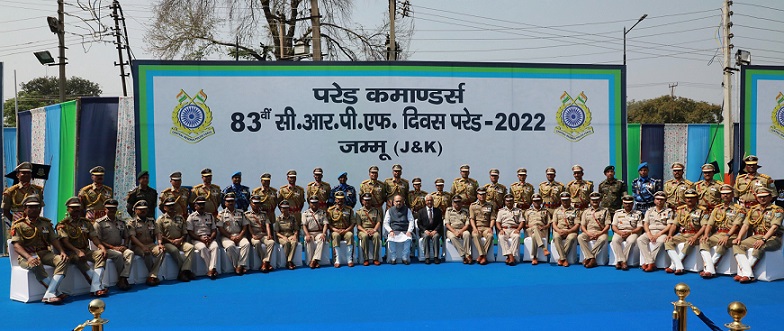 Post-independence, the CRPF underwent a significant transformation. On December 28, 1949, through an Act of Parliament, it was renamed as the Central Reserve Police Force. This legislative act not only bestowed the new name but also established the CRPF as an armed entity under the jurisdiction of the union government. Sardar Vallabh Bhai Patel, the then Home Minister, envisioned a multifaceted role for the force, aligning its functions with the evolving needs of a newly independent nation.
Post-independence, the CRPF underwent a significant transformation. On December 28, 1949, through an Act of Parliament, it was renamed as the Central Reserve Police Force. This legislative act not only bestowed the new name but also established the CRPF as an armed entity under the jurisdiction of the union government. Sardar Vallabh Bhai Patel, the then Home Minister, envisioned a multifaceted role for the force, aligning its functions with the evolving needs of a newly independent nation.
Today, the CRPF is one of the Armed Forces of the Union of India under the Ministry of Home Affairs, entrusted with various duties such as maintaining law and order, counter-insurgency operations, and anti-Naxal operations, in aid to the states. Its expansive mandate reflects its critical role in ensuring the nation’s internal security and stability.
As we celebrate the 86th Foundation Day of the CRPF, we honor its rich legacy and commend the force for its unwavering commitment to the security and stability of India. The CRPF’s journey from its inception to its current status as a substantial and diverse organization is a testament to its adaptability, resilience, and dedication to serving the nation.
CRPF assumed its current name on December 28, 1949, following the enactment of the CRPF Act. Over time, the CRPF has evolved into a formidable organization, now comprising 246 battalions. The force is headed by a Director General and is further divided into four zones located in Jammu, Kolkata, Hyderabad, and Guwahati, each under the command of Special Directors General (DGs). The CRPF, with its nationwide presence and diverse skillset, fulfills a critical role in maintaining India’s internal security. Here’s a detailed breakdown of its key responsibilities:
- Crowd Control and Riot Control: CRPF personnel are trained in crowd management techniques to handle large gatherings, protests, and demonstrations.
- Counter-Insurgency Operations: CRPF battalions deployed in areas facing insurgency threats are well-equipped and specially trained for combat operations.
- Left-Wing Extremism (LWE) Management: CRPF units specialize in tackling LWE activities in Naxal-affected regions. They conduct operations in close coordination with state police forces, focusing on area sanitization, engaging with local communities, and providing security for infrastructure development projects in these areas.
- VIP Security: About 5.68% of CRPF personnel are assigned to VIP security, mainly in North-Eastern States, Jammu and Kashmir, Bihar, and Andhra Pradesh. They protect Governors, Chief Ministers, Ministers, MPs, and MLAs in states like Jammu and Kashmir, Assam, Arunachal Pradesh, Manipur, Nagaland, Tripura, and Mizoram. CRPF also provides static guard services for the Prime Minister, Union Ministers, and other dignitaries nationwide.
- Critical Infrastructure Protection: Approximately 8.5% of CRPF personnel are dedicated to protecting critical Central and State Government facilities, especially in insurgency-affected regions. This includes securing government secretariats, Doordarshan Kendras, telephone exchanges, banks, hydroelectric projects, and jails. Additionally, CRPF ensures the security of Parliament House, safeguarding it against potential threats.
- Election Security: The CRPF plays a vital role in securing Parliamentary and Assembly Elections nationwide, collaborating closely with the Ministry of Home Affairs, Election Commission of India, and other security forces. It forms State-level Coordination Groups and deploys troops strategically based on security assessments. Control rooms operate round-the-clock for seamless coordination, issuing unique IDs and providing specialized training to ensure efficient and secure election processes.
- Environmental Protection: In specific regions, CRPF units collaborate with forest departments to protect wildlife sanctuaries and national parks from poaching and illegal logging activities.
- Disaster Management: The force actively participates in rescue and relief operations during natural disasters like floods, earthquakes, and cyclones. CRPF personnel are trained in disaster response techniques and equipped to provide humanitarian assistance to affected communities.
- UN Peacekeeping Missions: CRPF personnel have a commendable record of contributing to international peacekeeping efforts under the UN flag. They bring their expertise in crowd control, counter-insurgency, and maintaining law and order to conflict zones around the world.
The Central Reserve Police Force (CRPF) boasts several specialized units designed to address a wide range of security challenges, from riot control and VIP protection to counter-insurgency operations and the management of women agitations. Each unit is tailored to perform specific roles, showcasing the CRPF’s versatility and commitment to maintaining national security and public order.
The Rapid Action Force (RAF) is a specialized unit of the CRPF established in October 1992 to handle riots and public disturbances. Known for its quick response, the RAF can be deployed swiftly to crisis situations, providing reassurance and security to the public. The RAF has its own flag symbolizing peace and was awarded the President’s Colour on October 7, 2003, by Shri L.K. Advani, the then Deputy Prime Minister of India, for its dedicated service. The RAF also trains both male and female contingents for UN peacekeeping missions, where they have received recognition for their professionalism.
The Commando Battalion for Resolute Action (CoBRA) is a specialized unit created to conduct guerrilla and jungle warfare operations, primarily targeting the Maoist insurgency. Known as ‘jungle warriors,’ CoBRA personnel are selected from within the CRPF and undergo intensive training in commando tactics and jungle warfare. Established between 2008 and 2011, the 10 CoBRA units are deployed across states affected by Left Wing Extremism, such as Chhattisgarh, Bihar, Odisha, Jharkhand, and others. CoBRA is recognized as one of the premier Central Armed Police units, excelling in challenging jungle environments and counter-insurgency operations.
The VIP Security Wing of the CRPF specializes in protecting high-profile individuals assigned by the Ministry of Home Affairs. This includes Union Ministers, Governors, Chief Ministers, politicians, government officials, spiritual leaders, business tycoons, and other prominent figures. This elite unit is dedicated to ensuring the safety and security of its protectees with the highest levels of care, precision, and professionalism, reflecting the CRPF’s unwavering commitment to its duties.
The CRPF is the only paramilitary force in India with six all-women battalions. The first Mahila Battalion, 88(M) Bn, was raised in 1986 with its headquarters in Delhi. These battalions are essential in handling women agitations, as even minor mishandling by male officers can escalate into significant law and order issues. The Mahila Battalions ensure that such situations are managed with sensitivity and efficiency.

